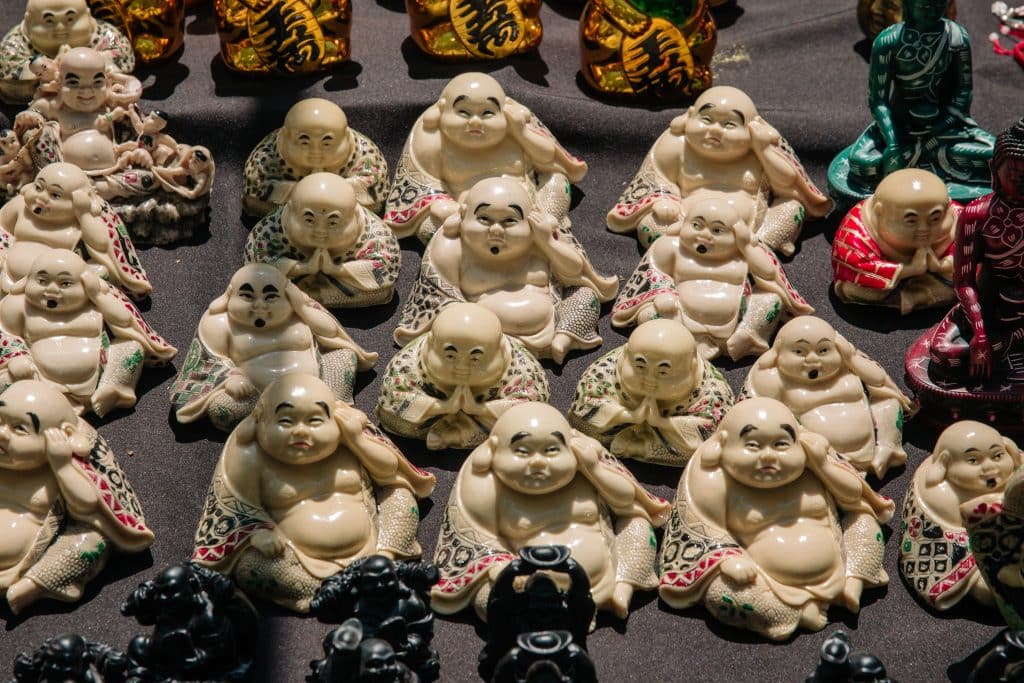The fight against the virtual trade routes used by cybercriminals to exploit wildlife, in particular the ivory trade, has just moved up a gear. Popular with almost 28 million visitors every month, the French online sales platform Leboncoin has just adopted a more radical stance by applying a new ban based on the precautionary principle.
The ban includes listings with terms such as “imitation ivory” or “ivory-style”, as well as any item described as being made from a material similar to ivory, such as bone, resin or plastic. “By adopting the precautionary principle, which aims to ban from the platform any item that could turn out to be made of ivory, we are affirming more than ever our desire to take a responsible approach to Leboncoin, not only with regard to animals, but also by protecting our users who could be taken advantage of,” says Amandine de Souza, Leboncoin’s Managing Director.
Read also-ZIMBABWE: Will CITES allow government to sell 136 tonnes of ivory?
This tightening of restrictions follows comments made by the International Fund for Animal Welfare (IFAW), which is supporting Leboncoin in its anti-ivory trade strategy. The regular monitoring carried out by the wildlife protection organisation highlighted the risk of fraud linked to misleading advertisements claiming that the items sold were not made of ivory. “The new regulations introduced by Leboncoin put an end to the subterfuges used until now by sellers to market prohibited items on their site. This is a major step forward in the fight against the ivory trade, and shows the way for other platforms to follow”, says Mia Crnojevic, Ifaw’s campaign manager.
Such a measure could curb the bleeding of elephants, particularly in Africa. A recent study by Elephants Without Borders (EWB) revealed that more than 100,000 elephants have been killed for their tusks in Africa since 2007. While elephant poaching has decreased in East Africa, the phenomenon persists in West, Central and Southern Africa.
Boris Ngounou
